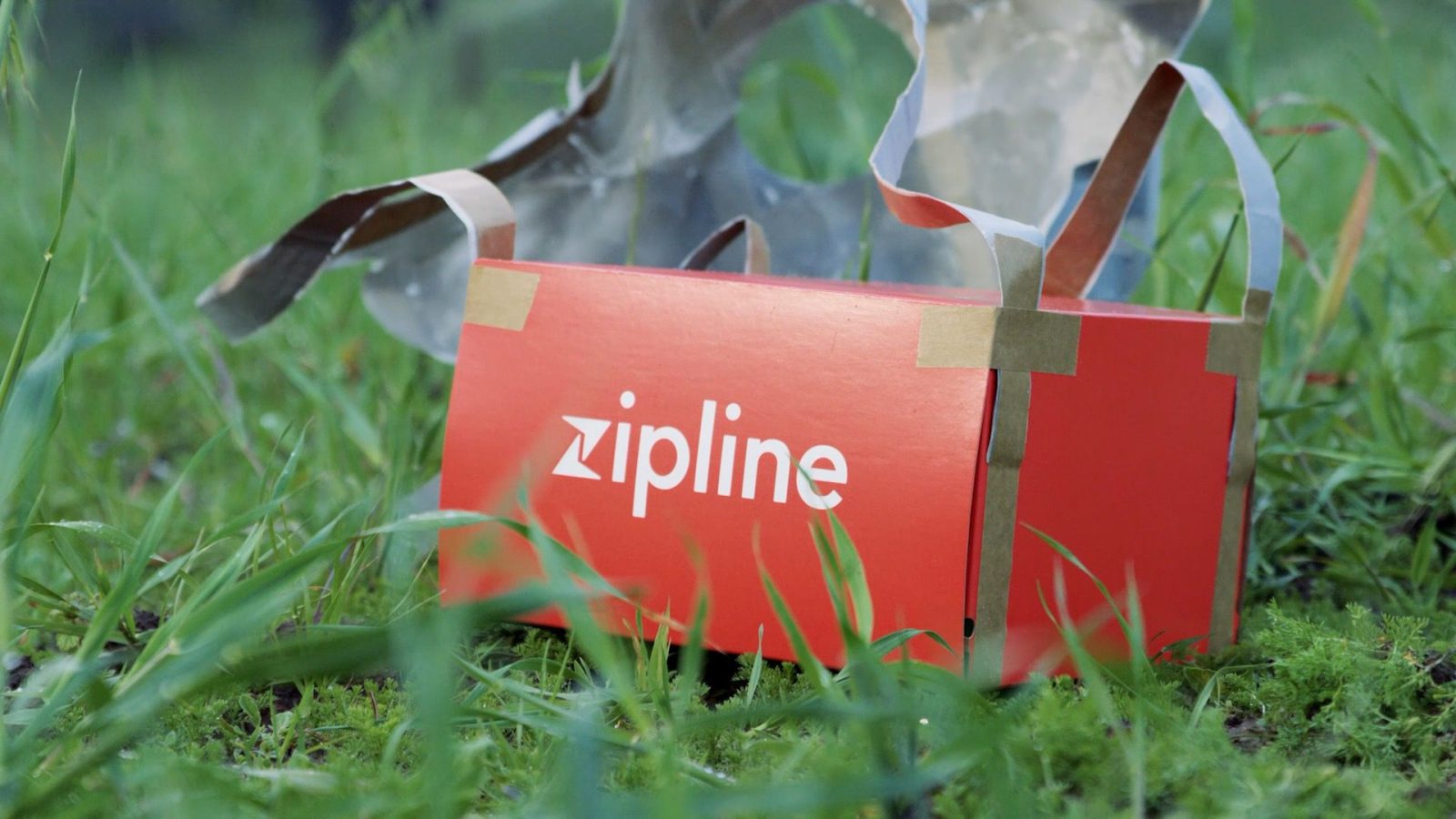Zipline’s certification is the first issued through the FAA’s Beyond initiative, a program that aims to accelerate the integration of beyond visual line of sight (BVLOS) drone operations into U.S. airspace. As a result, the certification allows it to fly beyond the viewing range of the operator, as well as over people.
The certification is more expansive than any granted by the FAA to a drone delivery firm so far.
“Zipline makes a delivery every four minutes — ensuring people get access to the products they need, the moment they need them,” said Zipline CEO and co-founder Keller Rinaudo. “With our Part 135 certification, and in close collaboration with our partners and the FAA, we are one step closer to making safe, clean and quiet instant delivery a reality for communities across the U.S.”
Out of its North Carolina hub, Zipline later this month will begin delivering for its health care partners Novant Health, Magellan Rx Management and Cardinal Health. The company has operated in the state for a few years now under the Beyond program, which counts the North Carolina Department of Transportation as a participant.
Later this year, the firm said it will launch medical drone deliveries with Intermountain Healthcare in Utah. And in Arkansas, it plans to expand its delivery service with Walmart, which got off the ground in November under an FAA Part 107 certification.
Where is the future of drone infrastructure headed?
With a Part 135 air carrier certification from the FAA granting it long-range BVLOS drone flights, Zipline is well positioned to steal the spotlight from some of drone delivery’s biggest names.
Yet none of them have quite the scale that Zipline will have with its new certification. Drone delivery in the U.S. has largely been limited to small delivery networks spanning one or two towns or suburbs. But having been granted a longer delivery range than any commercial drone service in the U.S. to date, Zipline could ratchet things up to the next level.






